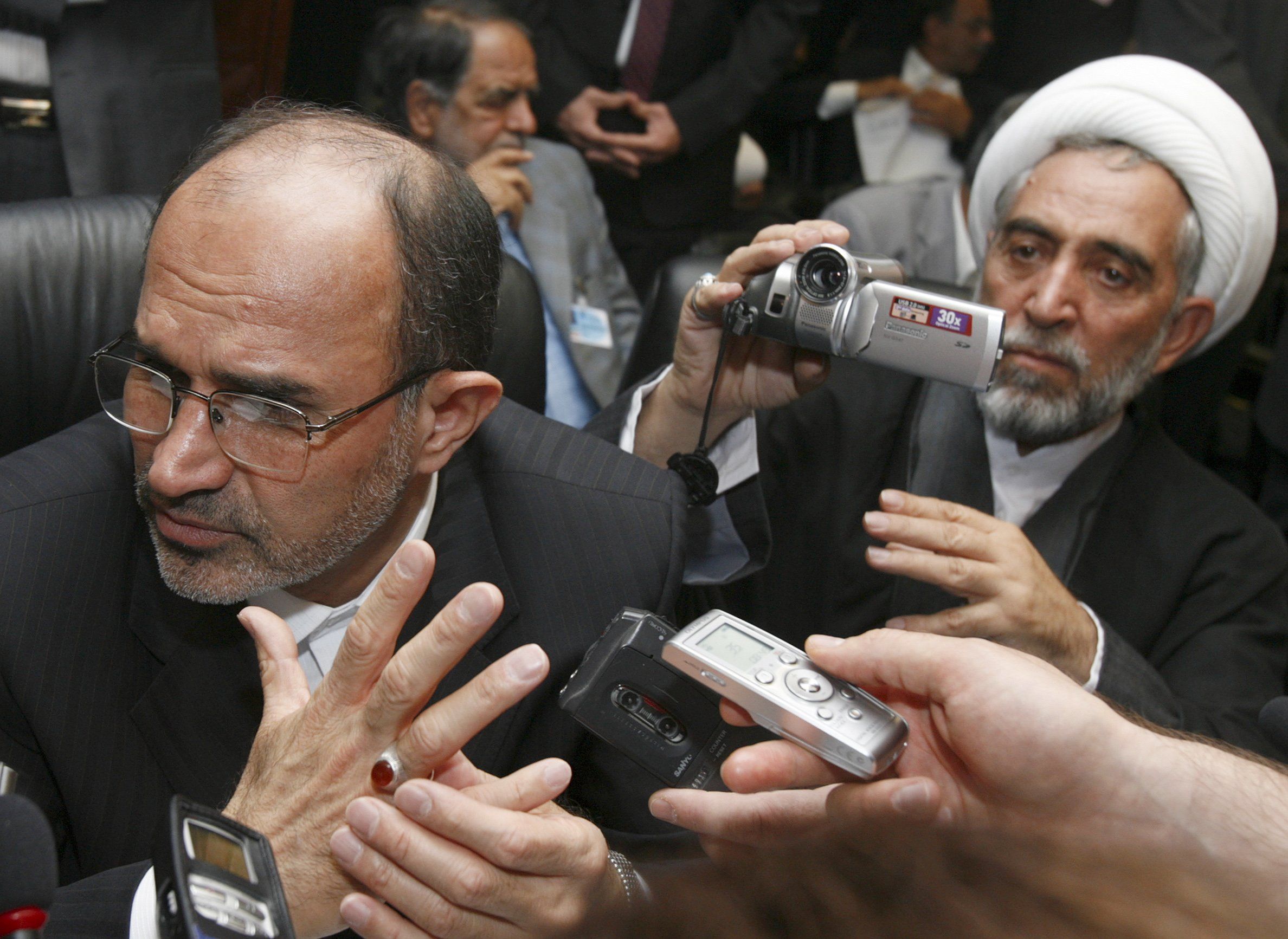Saudi Energy Minister Prince Abdulaziz bin Salman reportedly made the call, but it's unclear why these specific outlets were targeted or whether it was just a power play since other reporters have not been excluded. At the summit, the group will decide how much oil to produce in the second half of the year.
The big question is whether OPEC+ will deepen oil cuts to try and offset lowish oil prices – which currently come in at around $70 a barrel, down from $87 in April.
Many analysts believe it’s unlikely the group will change its policy because it might ruffle feathers in Beijing, the kingdom's top oil customer. Interestingly, it would also be very unpopular with the West, which says that boosting prices would give Moscow more income to fund its war machine and could also undermine global efforts to address inflation.
But the same group of oil producers surprised many by slashing output back in April to boost prices. What’s more, Riyadh last week told some investors to “watch out,” a vague warning, some say, that more cuts could be coming in the next six months.
